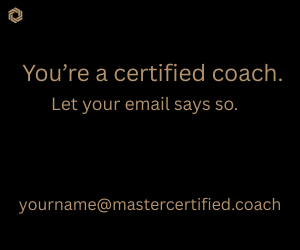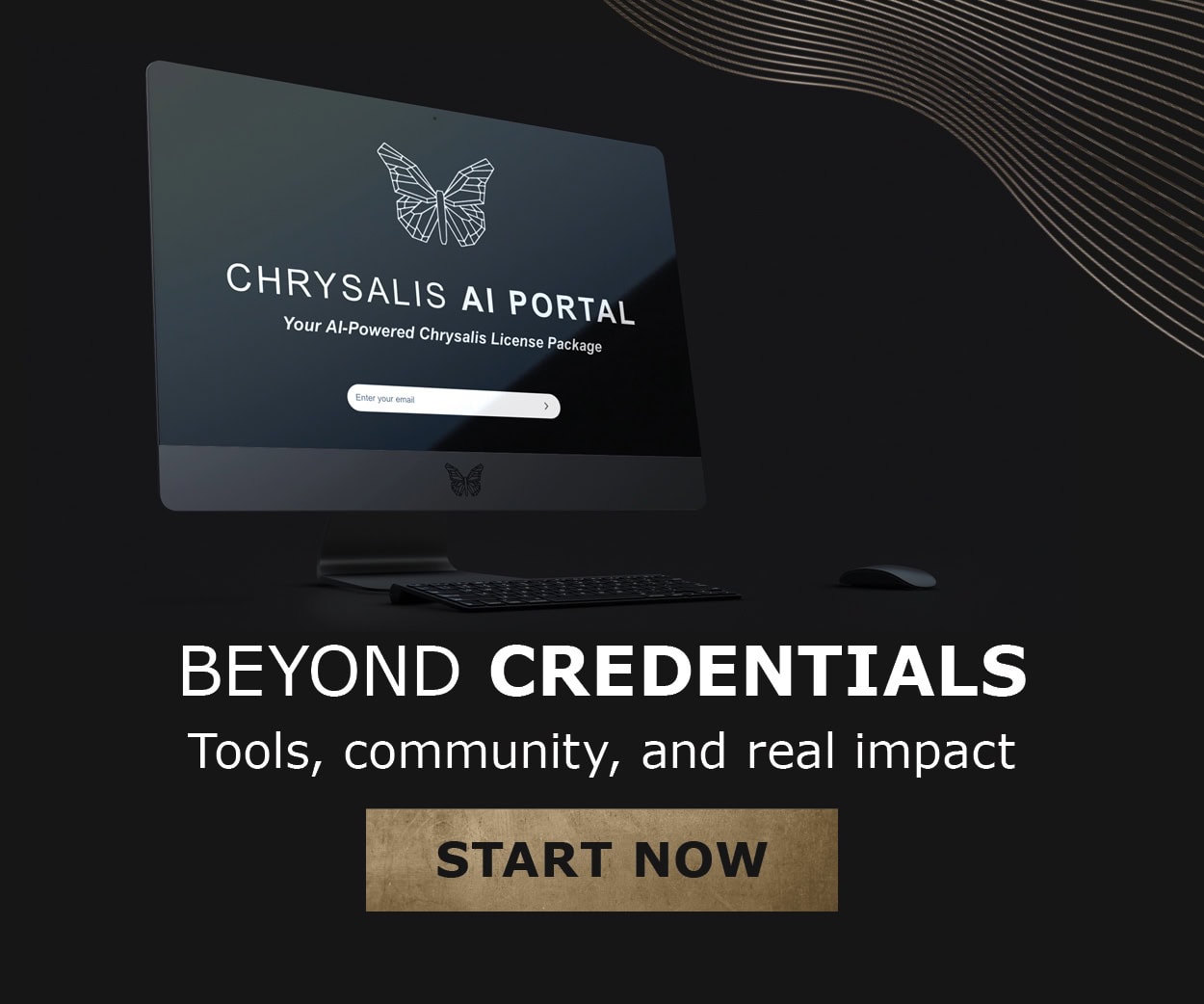You’ve probably heard the saying, “If you do what you love, you’ll never work a day in your life.” While that’s a nice sentiment, even coaches who love what they do can experience the effects of being overworked and burned out.
Coaches are often empaths who want to help others and be of service. After all, that’s what brought many of us to coaching in the first place! But if coaches don’t manage their own time and energy, they can find themselves exhausted, unable to keep doing the work they love.
The good news is that you can prevent burnout by proactively setting boundaries and creating a self-care practice to protect your most important resource: yourself.
Why You Need to Protect Your Coaching Practice from Burnout
Think about all the time and resources you spend taking care of your clients. You serve them to the best of your ability. You create time and space dedicated to exploring their thoughts and feelings. You encourage them to take care of themselves while going through the challenging process of growth.
Now, think about how much time you spend on those activities for yourself. If you’re like many coaches, you tend to focus on client work at the expense of everything else. But when you’re growing a business, you’re experiencing change and growth at a rapid pace. Don’t you also deserve the time and space to rest and recuperate?
Your time and energy matters. The way you show up matters. So, you need to take care of yourself in order to show up and coach to the best of your ability. That means doing what you can to ensure you don’t succumb to burnout or exhaustion.
7 Ways to Protect Your Coaching Practice from Burnout
Since it can be easy to leave yourself for last on your list, it’s important to build boundaries and self-care into your daily routine.
When you set up your schedule in a way that helps you manage your time and energy, you can relax, knowing that you are taking care of yourself.
1) Set Strong Boundaries
When you set boundaries around your time and tasks, you can focus on what’s important and let go of the rest. Choose what days and times you’ll take clients and how many clients you’ll take at once. Define how you’ll manage interruptions from family and friends during the workday. Have a plan for declining any clients or partnership opportunities that aren’t right for you.
2) Personalize Your Self-care Routine
Don’t save self-care for the times you feel sick or burned out. Incorporate small, self-care habits into your daily routine. Your self-care practice could include meditation, outdoor walks, a workout routine or time set aside to daydream. Whatever activities help you re-center, build those into your daily schedule.
3) Be Mindful of Your Own Energy
As a coach, it is your responsibility to be mindful of the energy you bring to client sessions. It’s good practice to check in with yourself a few minutes before every appointment to clear any negative energy that might be percolating. Taking a few moments to breathe and clear your mind will help you be as present as possible. You (and your clients) will feel the results!
4) Communicate Client Expectations Upfront
When you share your expectations, you establish trust and confidence with your clients. At the beginning of the coaching relationship, let your clients know key details like when they can expect a reply to their email or what will happen if they arrive late to a call. This way, you eliminate any potential confusion and misunderstanding in the future.
5) Set Your Work Schedule in Advance
Choose your work hours and stick to them as much as possible. Though there’s built-in flexibility that comes with being your own boss, creating a schedule can help you stay on track. Go a step further and schedule your most important tasks into your calendar every week. When you set your schedule in advance, you aren’t left wondering what to do when.
6) Define Your Key Priorities Ahead of Time
Make time weekly and daily to set your business priorities. Take 15-30 minutes every Monday morning to plan out your week. define your top priority item every day. This will stop you from getting distracted by other things, which so easily happens in business!
7) Build Rest Breaks into Your Schedule
No one can be productive without rest. You owe it to yourself and your clients to make sure you are showing up fully rested, so you can be focused and engaged in your coaching sessions. Give yourself regular breaks during the day to step away from your screen, get outside or take a deep breath before you dive into another activity.
What Happens When You Protect Your Coaching Business from Burnout
Remember that taking care of yourself is just as important as serving your clients. Scheduling your day in advance, setting clear boundaries and communicating your expectations upfront can help prevent you and your coaching business from burnout.
You are the most important resource in your business, and when you feel good, you can show up as a more powerful coach.
Disclaimer
The views and opinions expressed in guest posts featured on this blog are those of the author and do not necessarily reflect the opinions and views of the International Coach Federation (ICF). The publication of a guest post on the ICF Blog does not equate to an ICF endorsement or guarantee of the products or services provided by the author.
Additionally, for the purpose of full disclosure and as a disclaimer of liability, this content was possibly generated using the assistance of an AI program. Its contents, either in whole or in part, have been reviewed and revised by a human. Nevertheless, the reader/user is responsible for verifying the information presented and should not rely upon this article or post as providing any specific professional advice or counsel. Its contents are provided “as is,” and ICF makes no representations or warranties as to its accuracy or completeness and to the fullest extent permitted by applicable law specifically disclaims any and all liability for any damages or injuries resulting from use of or reliance thereupon.
Authors
Post Type
Blog
Audience Type
Experienced Coaches, External Coaches, ICF Chapter Leaders, Internal Coaches, Mentor Coaches, New Coaches, Professional Coaches, Team and Group Coaches
Topic
Building a Successful Coaching Business, Business Development
Related Posts
The Executive Coaching Blueprint: Positioning, Pricing, and Performance
Transitioning from corporate to coach can feel like uncharted territory for many…
Why Coaches Need Other Coaches
Setting the Foundation When you’re learning about the field of coaching while…
Expanding Coaching Possibilities With the Coaching Spectrum Framework™
When I discovered coaching 14 years into my career as an occupational…








